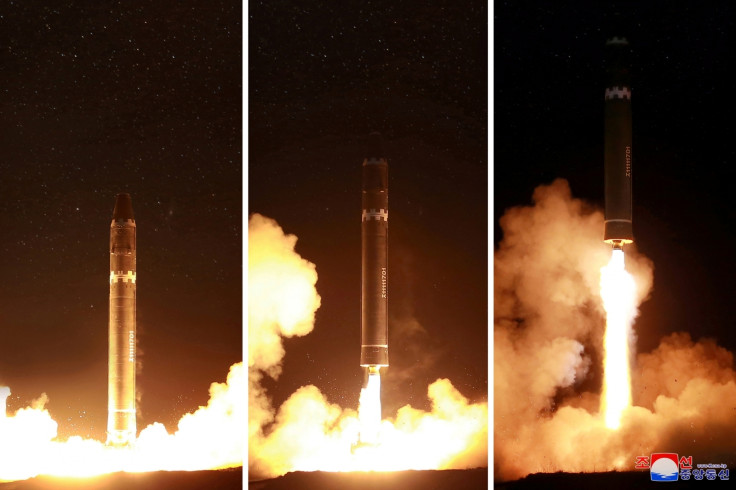Chinese daily advises people in province near North Korea on how to survive a nuclear attack
The state-run Jilin Daily explains to residents of the northeastern Jilin province how nuclear fallout is different from the effects of a traditional war.
A Chinese daily has advised people living in a province close to North Korea on how to survive a nuclear attack. In a full-page article, the state-run Jilin Daily explained to people of the northeastern province of Jilin how nuclear fallout is significantly different from the effects of a traditional war.
The paper's advice, amid growing anxiety in the region owing to North Korea's continued belligerence, is seen as significant and rare.
Listed as "common sense" advice, the article tells people how to protect themselves against light radiation, blast waves, early stage nuclear radiation, nuclear electromagnetic pulses and radioactive pollution. The paper also uses illustrations to highlight the destruction a nuclear attack could cause.
Among other things, people have been advised to lie in a ditch if they are outside during a nuclear attack and to take iodine tablets if there is radiation in the vicinity.
The article does not directly mention there could be a nuclear attack from North Korea or any other country.
"We provide monthly articles on national defence education and protective measures against disasters to the newspaper. This month is an article on nuclear weapons," a senior Jilin province official, who did not wish to be identified, told the Global Times.
"It's natural that Jilin province is more sensitive to the situation on the Korean peninsula, given its special geographic location. It's necessary for the provincial paper to publish information on nuclear weapons," said the Global Times, the main mouthpiece which often reflects the Chinese communist party's viewpoint.
Beijing, a key political backer and economic partner of Pyongyang, has been repeatedly calling on the western world and North Korea to step back from their rigid positions. The government has also been vocal about the US' increasing military assertions in the region asking Washington not to provoke the Kim Jong-un regime.






















